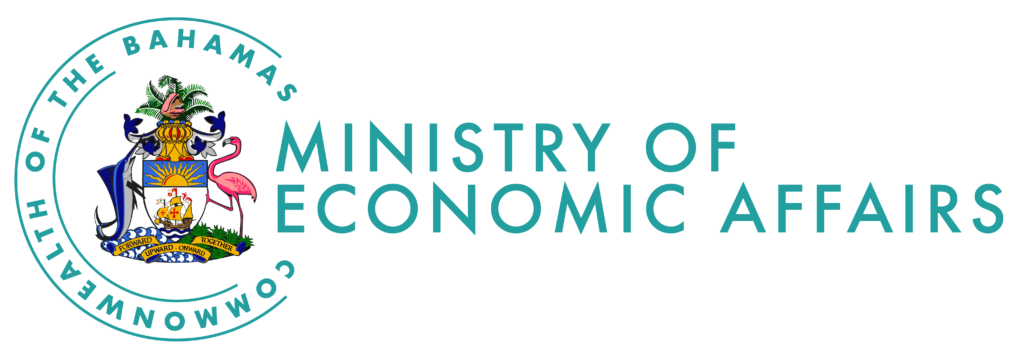In the past two months, the national dialogue has been focused on the release of the Economic Recovery Committee’s (ERC) Executive Summary Report. With the sub-committee reports expected to be released in the near future, the recovering economy is sure to be on everyone’s minds. One of the key focus areas in the Executive Summary Report was the need to manage and reduce the trade deficit as an essential step in building a “more resilient economy.”
Listed under the Economic Vulnerability sub-section, improved trade facilitation was identified as necessary to increase the country’s economic resilience through diversification, which better allows the country to weather economic shocks like the COVID-19 pandemic.
The Trade Deficit section provided the opportunity for the ERC to suggest policy reforms and investments needed to empower local companies to trade internationally and reduce trade costs. Citing the country’s susceptibility to natural disasters and the fixed exchange rate, the Committee cautioned that “vulnerable economies like The Bahamas should seek to, on average, run trade surpluses as a form of precautionary savings.” Given that the nation’s import-reliant economy typically generates relatively large trade deficits (nearly 2.2 billion in 2019), significantly reducing or eliminating the trade deficit would be revolutionary.
Trade-specific recommendations offered by the ERC include:
- Development of a Trade Policy Framework centered on high-impact opportunities and solving existing problems, including completing the country’s accession to the WTO and creating a long-term plan for trade facilitation supported by technical assistance from trade bodies such as the UN Conference on Trade and Development. This recommendation recognizes the need for high-priority, strategic development of trade policies and investments in untapped export opportunities.
- Taking advantage of opportunities for regional trade by leveraging the exchange rate. This could provide opportunities to lower the deficit through export-driven growth. The hope is that by targeting strategic trade areas where The Bahamas has a competitive advantage, a more favorable balance of payments can be realized through increased export-based revenues and decreases in deficit-driven debt.
- Modernizing the Post Office for more efficient international shipping. In the era of Amazon.com, international consumers’ expectations for timely delivery of products is at an all-time high. The post office must invest heavily in improving shipping times. For small businesses seeking to access international markets, private couriers can often prove to be too costly, as well as unsustainable when it comes to pricing strategies. The Post Office can be the solution for these business owners. The ERC notes that this may require private management of the Post Office
Take a look at the complete ERC Executive Summary Report.


